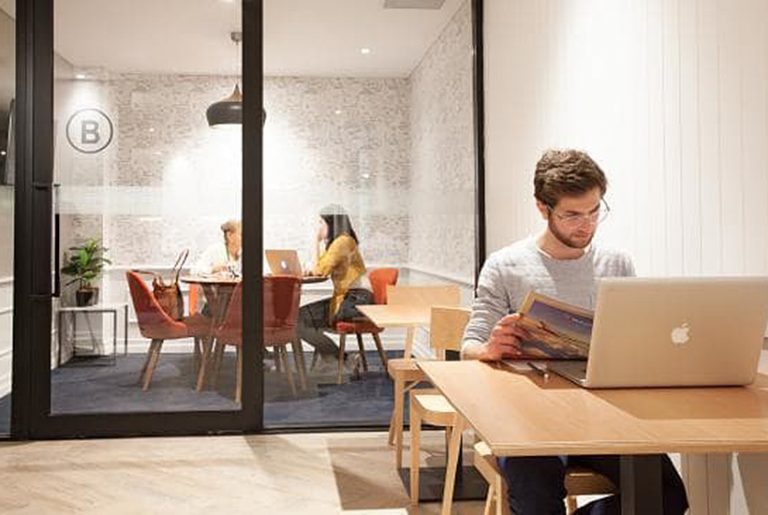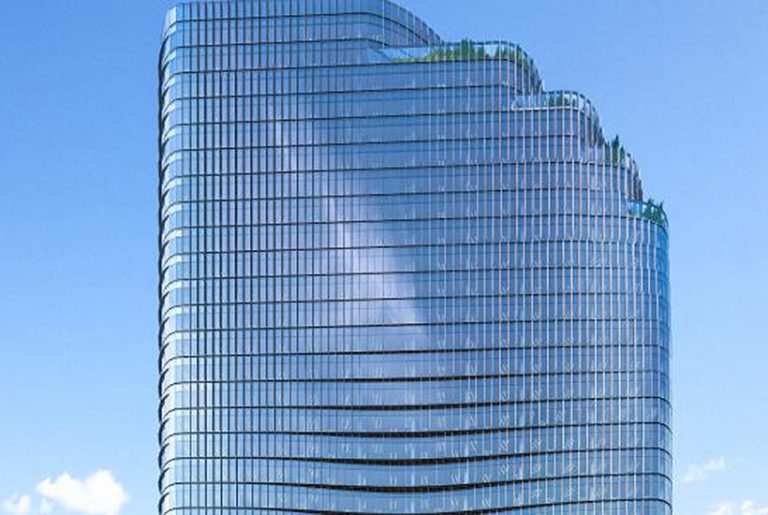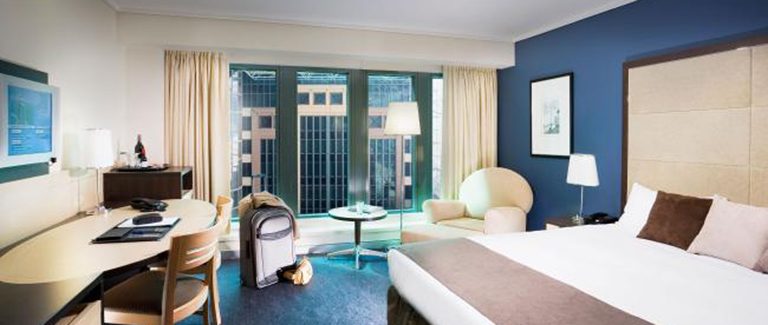Macau money seals $40m Collins St office deal

A Macau-backed investor has snapped up an office block on Melbourne’s Collins Street for $40.1 million as offshore money continues to chase opportunities in the city despite yields reaching eye-watering levels.
Robert Christie sold the 12-storey building at 454 Collins St that housed the Melbourne headquarters of his co-working business Christie Spaces.
The block was offered subject to a leaseback agreement and the vendor booked a tidy profit after the building last changed hands for $17.8m in 2007.
Commercial Insights: Subscribe to receive the latest news and updates
A caveat was lodged on the property by H Group Australia Pty Ltd, which is in turn owned by Hoho Brothers Pty Ltd, public records show. Hoho Brothers’ directors are Macau-born and Melbourne eastern suburbs-based.
The building changed hands on a fully leased yield of 4.24%, or about $13,000 per square metre of net lettable area, with offers made by 14 parties from Sydney, Melbourne, Singapore, Malaysia, Germany and Hong Kong.
The west end of the Melbourne CBD has been busy, with Cbus Property developing the mixed-use Collins Arch across the road and Mirvac pursuing the Olderfleet office project one block away.
Christie says his business — which recently sold property in Sydney and Brisbane — will be in Melbourne for many years, adding he is optimistic about white-collar employment and tenant demand.
“We don’t part with our real estate lightly as we know how hard these properties are to find, but the offers brought forward during the campaign were simply too good to refuse,” Christie says. “The Melbourne market has come a very long way in this current cycle.”
The CBRE Melbourne Middle Markets team of Josh Rutman, Kiran Pillai, Mark Wizel and Lewis Tong were agents on the sale, while Peter Bazzani of BSP Lawyers represented the buyer.
Rutman says the sale reflects the strength in Melbourne’s CBD office market, with office capital values reaching a new benchmark.
“We are seeing a number of new groups enter the office investment market as a means of diversifying property portfolios that have been predominantly weighted towards retail or industrial in past years,” Rutman says.
This article originally appeared on www.theaustralian.com.au/property.







